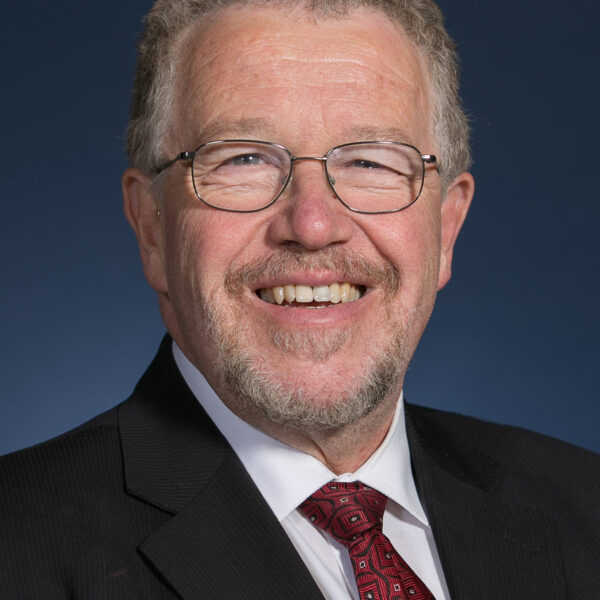According to the latest figures from the US Bureau of Justice Statistics, our correctional population is comprised of about 6.6 million people. The sheer number of those who are incarcerated or supervised by parole agencies is jarring, but it doesn’t begin to tell the whole story of the epidemic facing our country.
Studies show justice-involved individuals carry a much greater health burden than the general population. They are grappling with higher rates of Substance Use Disorder, Hepatitis C, HIV/AIDS, and mental health issues, to name just a few, and don’t have access to the level of care afforded to people living in communities.
With this in mind, as the director of academic programs for the Health and Criminal Justice Program at UMass Chan Medical School and the support of the curriculum dean, we created the first required curriculum on criminal justice health in the United States. Given the prevalence of justice involvement and the myriad health problems, we felt it important that all medical students be introduced to the health risks facing justice-involved individuals.
Third year medical students earlier this year participated in the novel interstitial curriculum on criminal justice health. I delivered the first of two plenary sessions, and each student participated in two breakout sessions. We established the following learning objectives to ensure participants who completed the course were able to:
- Describe the population demographics on the population involved in the criminal justice system in the U.S.
- Discuss the impact of justice involvement on health care access and outcomes
- Know unique elements of high prevalence conditions in correctional health for two conditions
During the course, esteemed UMass Chan Medical School and Tufts University Medical School faculty addressed the following topics:
- Primary care behind bars: Tom Groblewski, DO, Assistant Professor of Family Medicine and Community Health
- Mental health care: Ken Appelbaum, MD, Professor of Psychiatry
- Substance Use Disorders: Kate Pivovarova, PhD, Assistant Professor of Psychiatry
- Adolescent Medicine and the Juvenile Justice system: Ann Sattler, MD, Professor of Pediatrics
- Chronic Infections from injection drug use: Alysse Wurcel, MD, Assistant Professor, Infectious Disease Division, Tufts Medical Center
- Community Reentry: I led this topic.
The half-day curriculum concluded with a panel on criminal justice reform, which included representatives from MassInc and JustLeadershipUSA.
Students were eager to learn and appreciative of the opportunity to participate in coursework that takes a fresh look at the myriad of health issues justice-involved individuals face. As one student summarized in the evaluation: “I thought this interstitial day was useful and pertinent. I have seen several patients under correctional department supervision, and it was very helpful to learn more about them and how to treat them.”
Given the success of the new interstitial curriculum, we will continue to develop and offer curriculum that leads the way to increased understanding and innovation in criminal justice health.


